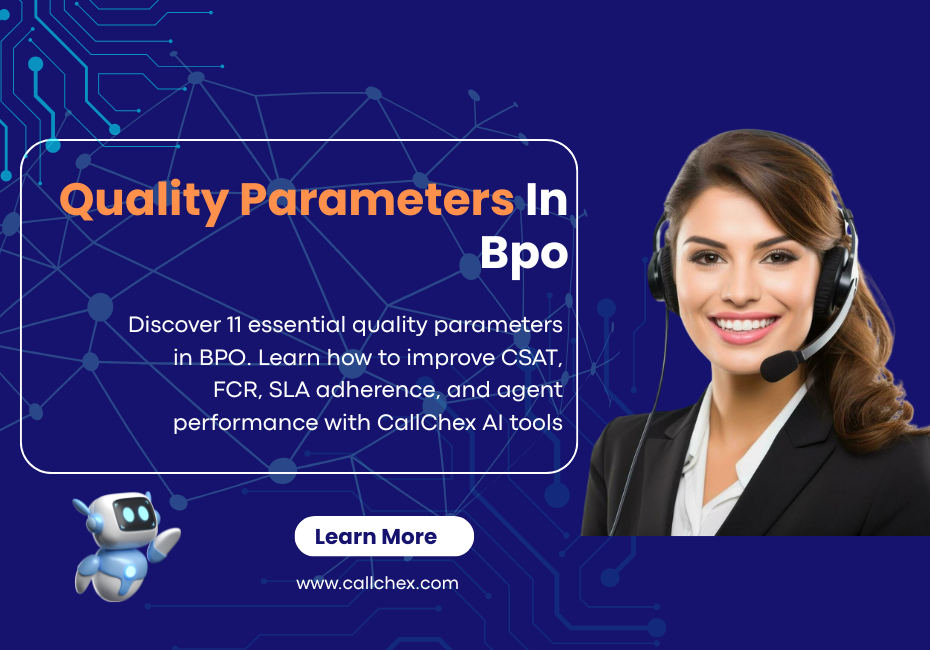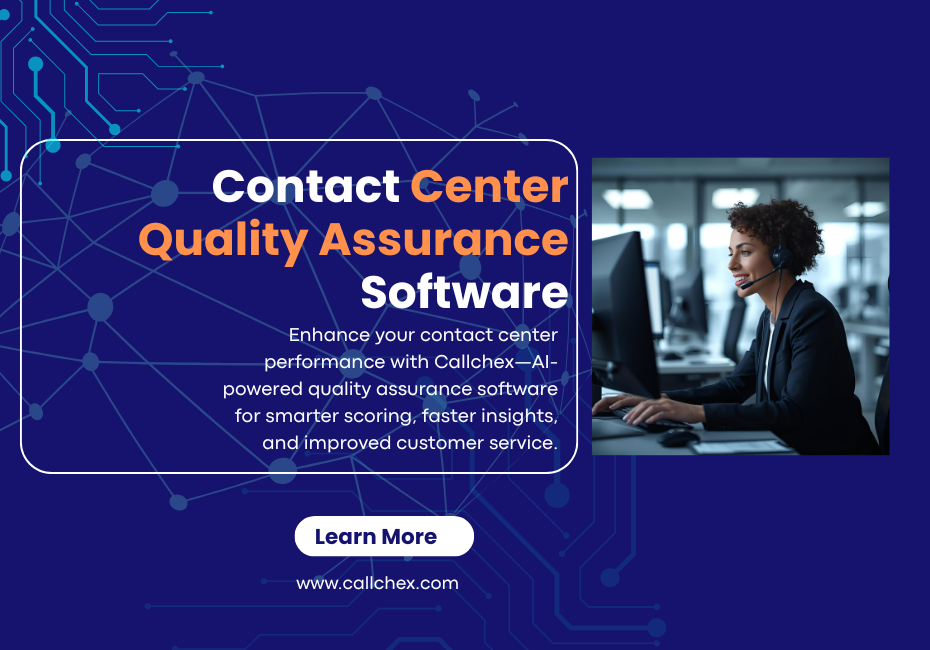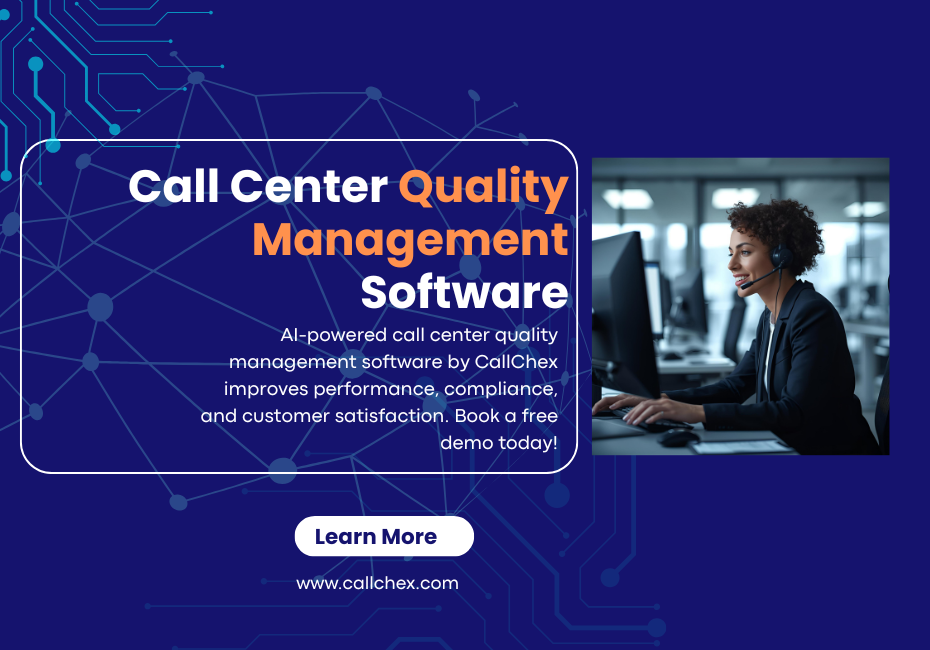We’re all familiar with typical call center KPIs like CSAT and AHT, but the most critical quality parameters in BPO go beyond these standard metrics. BPOs serve multiple clients across different industries, meaning their priorities are often tied to specific service agreements and client expectations.
So yes, BPOs focus on improving customer satisfaction, first call resolution, and other traditional metrics—but their core priorities may look a little different from a standard call center. Identifying the most relevant quality parameters in BPO is crucial for long-term success:
-
Meeting service level agreements (SLAs)
-
Ensuring regulatory compliance
-
Keeping agents engaged to prevent churn
Today, we’ll explore 11 essential quality parameters in BPO and share actionable tips on how to maintain high standards in each area.
11 Quality Parameters in BPO and How to Improve Them

Customer Satisfaction (CSAT) Score
CSAT measures how happy customers are with the service they receive. For BPOs, customer experience is paramount, and a high CSAT signals that agents are well-equipped to meet expectations consistently.
Higher CSAT builds loyalty and protects both the BPO and client reputation.
How to improve CSAT:
-
Offer soft skills training, emphasizing active listening and empathy
-
Use real-time insights via tools like CallChex Call Quality Monitoring Software to identify dips in service
-
Provide regular feedback to agents so they can adapt quickly
Average Handle Time (AHT)
AHT tracks the total time an agent spends resolving a customer interaction, including after-call work. BPOs must balance efficiency with quality: long calls increase cost, while rushed calls risk poor service.
How to optimize AHT without sacrificing quality:
-
Empower agents with streamlined workflows
-
Utilize AI-powered tools like CallChex AI Call Scoring
-
Implement speech and sentiment analytics to identify bottlenecks
First Call Resolution (FCR)
FCR measures the percentage of customer issues resolved on the first contact. High FCR reduces repeat calls, lowers operational costs, and boosts customer satisfaction.
How to improve FCR:
-
Train agents on problem-solving and product knowledge
-
Use analytics to pinpoint common issues and prep agents in advance
Net Promoter Score (NPS)
NPS gauges customer loyalty by asking how likely customers are to recommend your service. For BPOs, it reflects long-term satisfaction and client relationship health.
-
High NPS = strong retention and advocacy
-
Low NPS = customer frustration
Boost your NPS:
-
Use sentiment analysis and speech analytics to understand customer emotions
-
Act on feedback from both customers and agents
Customer Effort Score (CES)
CES measures how easy it is for customers to resolve their issues. In BPOs, agents may be the only point of contact, so a smooth experience is critical.
How to reduce CES:
-
Provide quick access to knowledge bases and CRMs
-
Implement self-service tools like IVR, chatbots, and virtual agents
-
Train agents to minimize friction during interactions
Quality of Service (QoS)
QoS evaluates overall call center effectiveness, professionalism, and reliability. It’s more than just good customer experience; it measures:
-
Script adherence
-
Soft skills and emotional intelligence
-
Problem-solving and product knowledge
Improve QoS:
-
Use QA metrics to track agent performance
-
Create custom coaching sessions to ensure consistency
Service Level Agreement (SLA) Adherence
SLAs define service expectations and performance standards with clients. Meeting them builds trust and demonstrates agent competence.
How to maintain SLA adherence:
-
Monitor agent performance through QA programs
-
Provide targeted coaching to address service gaps
Average Speed of Answer (ASA)
ASA measures how quickly agents respond to incoming calls. Lower ASA reduces customer frustration and improves the overall experience.
How to improve ASA:
-
Analyze call volume trends and adjust staffing accordingly
-
Use intelligent routing and self-service options
-
Automate workflows to free up agent time
Call Abandonment Rate
This metric shows the percentage of calls disconnected before reaching an agent. High abandonment can indicate long wait times or staffing issues, impacting other KPIs like FCR and CES.
How to reduce call abandonment:
-
Investigate why customers hang up
-
Offer self-service options
-
Ensure adequate staffing during peak periods
Agent Turnover Rate
High agent turnover disrupts operations, increases costs, and affects service quality.
How to reduce attrition:
-
Focus on agent engagement and well-being
-
Foster a culture of growth
-
Use QA software to provide recognition and motivation, including gamification
Agent Occupancy Rate
Occupancy rate measures how much time agents spend actively handling tasks. Too low = inefficiency; too high = burnout.
Optimize occupancy rate:
-
Use workforce management tools to match staffing with call volumes
-
Implement AI-powered automation to reduce repetitive tasks
How QA Ensures Consistent BPO Performance at Scale

Quality assurance is the backbone of consistent BPO performance. It ensures high standards across clients and industries.
AI, automation, and analytics improve operations, but QA ensures everything runs smoothly. With the right QA tools, like CallChex AI Call Scoring, you can:
-
Support agents with actionable insights
-
Automate processes
-
Ensure client satisfaction every time
External Reference for Further Reading:
For a deeper dive, check out this guide from Scorebuddy: 11 Quality Parameters in BPO




